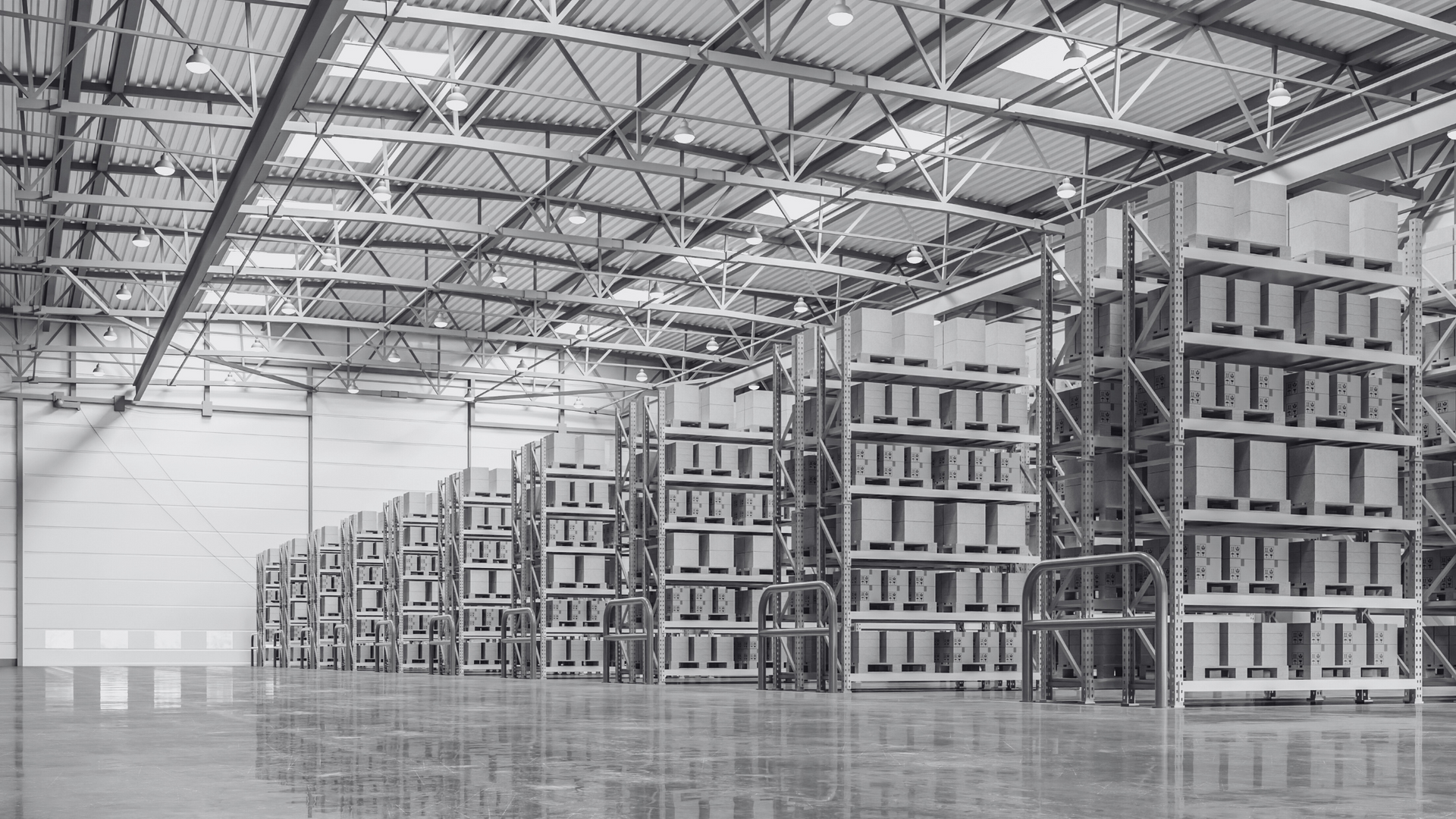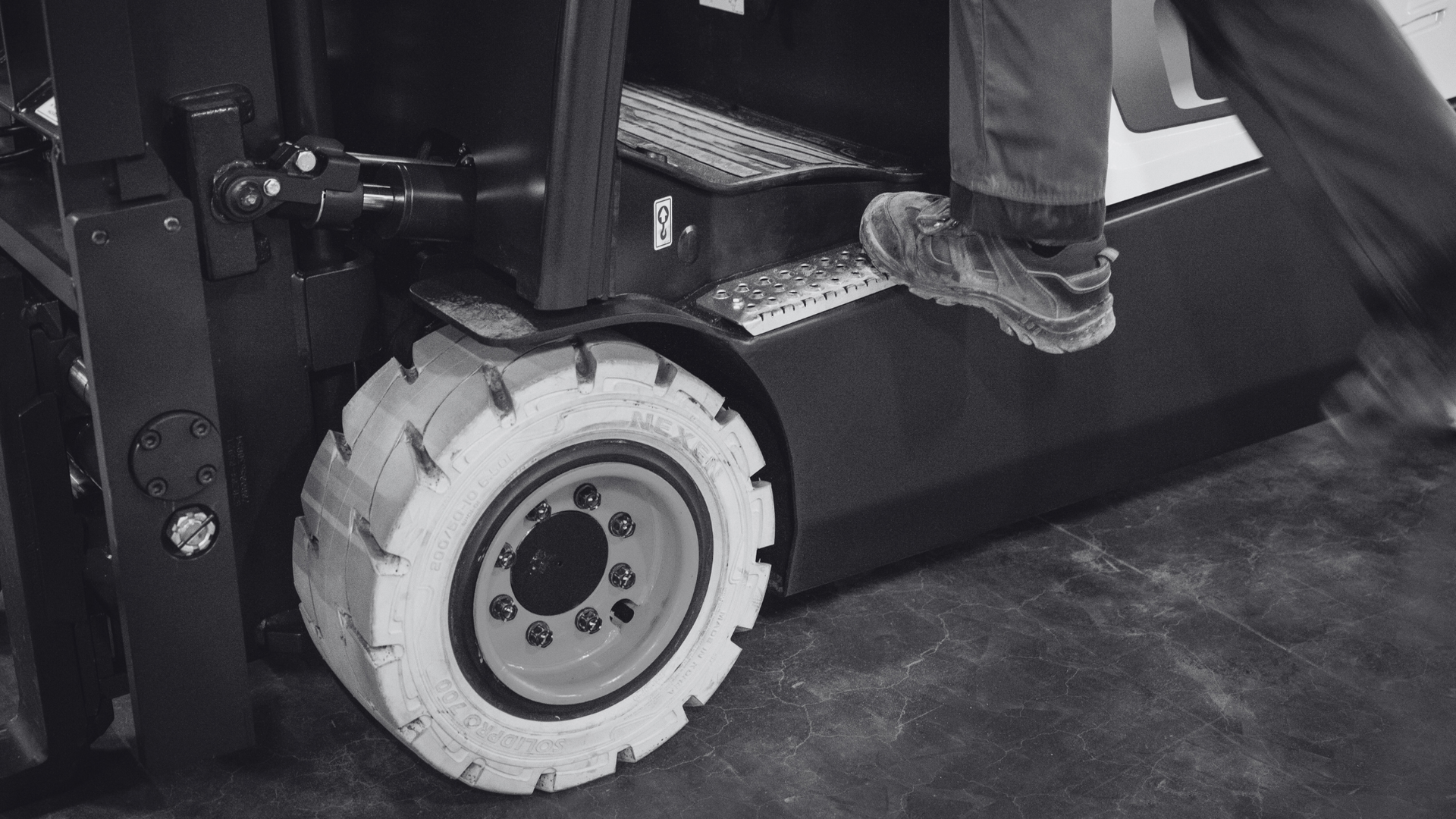Protect Your Equipment and Maximize Performance This Season
With the first day of winter arriving this weekend, it’s the perfect time to prepare your forklifts and equipment for the challenges of the colder months ahead. Winter maintenance is essential to ensure that your fleet continues to operate smoothly, avoid unexpected downtime, and maintain safety in the face of harsh conditions. Proper preparation can also help extend the lifespan of your equipment, ultimately saving you money on repairs and replacements. In this post, we’ll cover why winter maintenance matters, offer key tips for keeping your forklifts in peak condition, and provide a helpful winter maintenance checklist. Southeast Handling Systems is here to support you with our comprehensive maintenance programs, ensuring that your equipment is ready for whatever the season brings.
Why Winter Maintenance Matters
Winter conditions can be tough on equipment, with freezing temperatures and icy surfaces making forklifts more prone to malfunction. Without proper maintenance, forklifts may experience reduced performance, battery issues, or even complete breakdowns. By staying proactive with winter maintenance, you can avoid these issues, improve safety, and extend the operational life of your equipment. Regular maintenance is key to maintaining high productivity levels and minimizing costly repairs during the colder months.
Key Winter Maintenance Tips
During the winter, it's essential to take special care of various forklift components that are more susceptible to the cold. For instance, the battery is one area that needs particular attention—cold temperatures can cause batteries to lose charge more quickly. Ensuring your batteries are in good condition and using battery warmers if necessary, can help prevent cold weather disruptions.
Additionally, switching to winter-grade oils and hydraulic fluids is crucial for ensuring smooth operation in low temperatures, as thicker oils can impair efficiency.
Tires also need special attention during winter, particularly pneumatic tires. Cold weather can reduce tire pressure and affect traction, especially on icy or snowy surfaces. Make sure to check tire pressure regularly and inspect for wear. In some cases, adding chains to your tires for additional grip can help when navigating slippery conditions.
Winter Maintenance Checklist
As the cold weather sets in, it’s important to run through a winter maintenance checklist to ensure all equipment is ready for the season. Start by checking battery terminals for corrosion, inspecting fluid levels, and ensuring that your forklift’s tires are properly inflated. Additionally, reviewing your hydraulic systems for any signs of condensation or wear can help prevent freezing and maintain smooth operation.
Don’t forget to also establish a routine for warming up your equipment before use. Allowing forklifts to idle for a few minutes before operating can help fluids circulate and prevent damage from starting in extreme cold. And when it comes to storage, try to keep your forklifts indoors or sheltered to protect them from the elements.
How SHS Can Help
At Southeast Handling Systems, we understand how crucial it is to keep your equipment running smoothly during the winter months. That’s why we offer Planned and Full Maintenance Programs that include regular inspections and proactive maintenance tailored to the unique challenges of the winter season. Our expert technicians can help ensure that your forklifts and other equipment are well-maintained, reducing the risk of downtime and ensuring reliability when you need it most.




